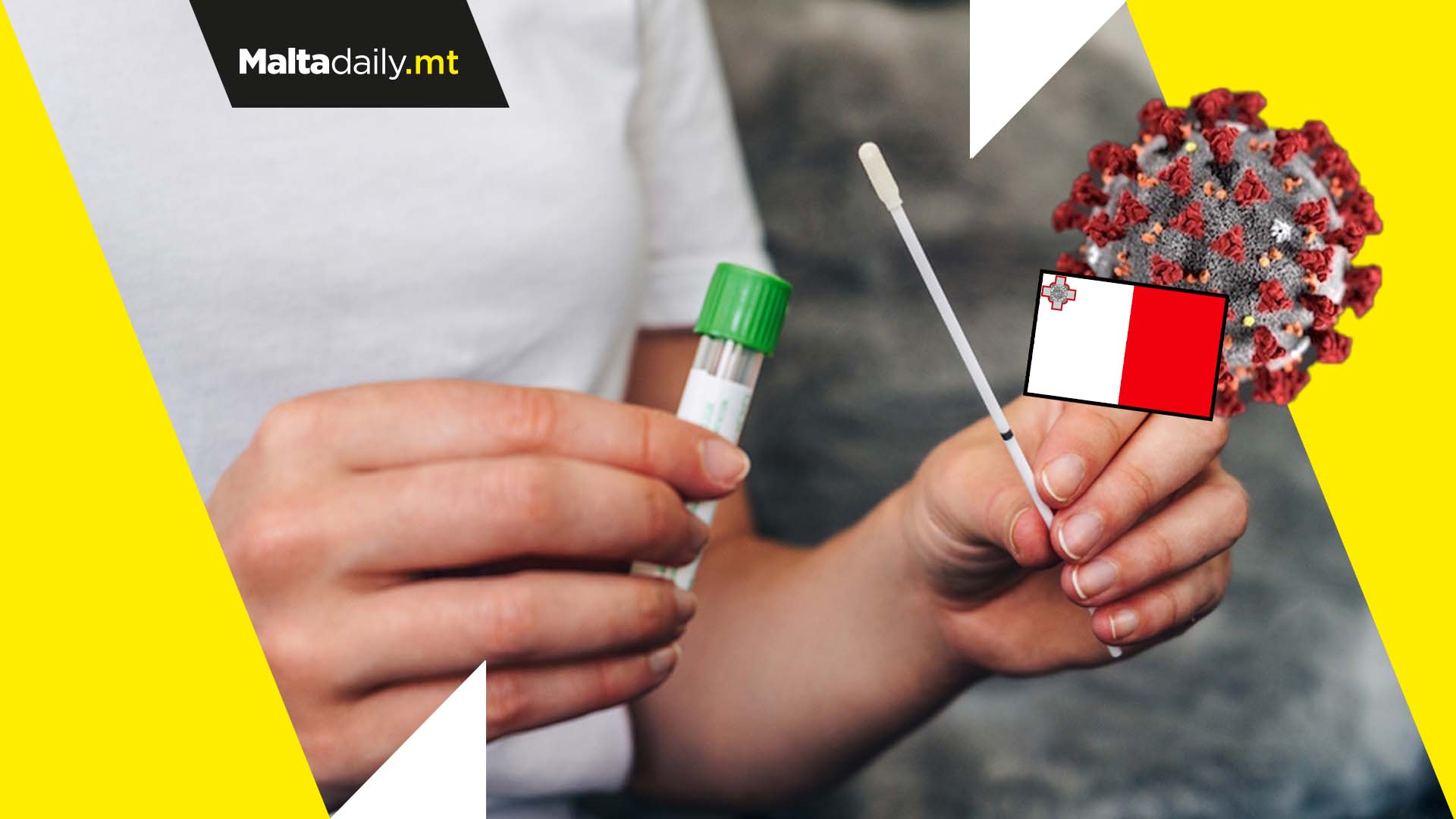COVID self-test kits ruled out by chief medical officer

Making self-testing kits for COVID-19 legal has been ruled out by Chief Medical Officer Walter Busuttil, mainly due to the accuracy when compared to tests carried out at authorised testing centres.
This comes amid reports of delays in appointments for PCR tests for those getting COVID symptoms. Busuttil said that different countries are taking different decisions when it comes to self-testing.So far, the decision for Malta has been not to allow self-testing due to the disadvantage of patients taking matters into their own hands and taking decisions without medical advice. He also highlighted how the self-testing kits are not 100% accurate.
Overviewing the current situation Malta finds itself in given COVID-19, he made the comments during a TVM interview. Self-testing kits are already used extensively abroad to get as many people tested as possible.
The wide-spread use has even resulted in shortages and people queueing for hours to get their own self-test kit. They are still illegal in Malta and cannot be sold or purchased.
Self-testing kits involve the use of swabs and a solution in which the sample is drenched. The solution is then dripped onto a strip which then provides a result within a few minutes.
Given their widespread use abroad, many vouch for them to become common practice to ease the pressure on testing centres and even test as many people as possible. Do you think Malta should follow suit and make them accessible?
#MaltaDaily


